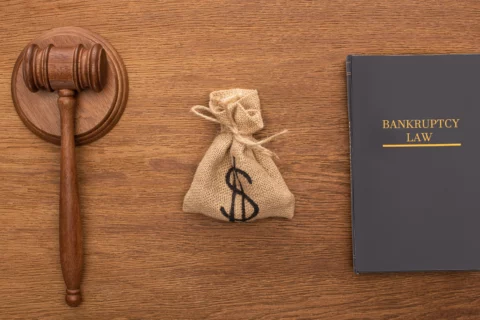Is It Better to File for Bankruptcy Before or After My Home is Foreclosed?

File Before Foreclosure If…
- You plan to negotiate a loan modification. In bankruptcy, an automatic stay freezes all collection activity against you. As a result, your foreclosure pauses temporarily, giving you time to negotiate a loan modification. Having your other debts discharged could make the bank more likely to approve your loan modification, allowing you to keep your home.
- You want peace of mind. Bankruptcy eliminates most types of debt, including mortgage deficiencies. This is the difference between the balance on your home loan and the sale price. By filing before foreclosure, you have peace of mind that, even if your loan modification isn’t approved, you won’t have a lingering deficiency balance once the foreclosure is complete.
- You want more time in your home. The automatic stay prevents a pending foreclosure from moving forward, which gives you more time to make new living arrangements once the lender sells your house.
- You’re looking at Chapter 13 bankruptcy. With Chapter 13, you repay most of your debt over a three- to five-year period in exchange for keeping your property. At the end of the repayment plan, any remaining debt is forgiven. This means you’ll be caught up with your mortgage again and can avoid foreclosure.
File After Foreclosure If…
- You want to avoid HOA dues. At foreclosure, you may be liable for homeowner’s association dues, code violation fines, or other charges related to your home. By waiting to file for bankruptcy until after these dues have been assessed during foreclosure, you can avoid paying them because bankruptcy wipes them out.
- You want to keep more of your other assets. The law allows debtors to keep more of their belongings if they don’t own a home. Therefore, it may be advantageous to wait until after foreclosure to file if other nonexempt assets are more important to you than your home.
- You are only filing bankruptcy to avoid a deficiency. Bankruptcy wipes out mortgage deficiencies no matter when you file, but this isn’t the only way to avoid liability. If this is your only reason for filing, hold off until after the foreclosure to see if state laws, waivers, or lack of collection attempts prevent you from owing a deficiency.
You can’t always time your bankruptcy filing with your home’s foreclosure. After all, factors such as wage garnishments, lawsuits, and other immediate threats to your money or assets also come into play. Your best option is to work with a bankruptcy lawyer to help you consider the best time to file based on your entire financial picture. Request a free bankruptcy evaluation with Cutler & Associates to learn more about timing your bankruptcy correctly.


